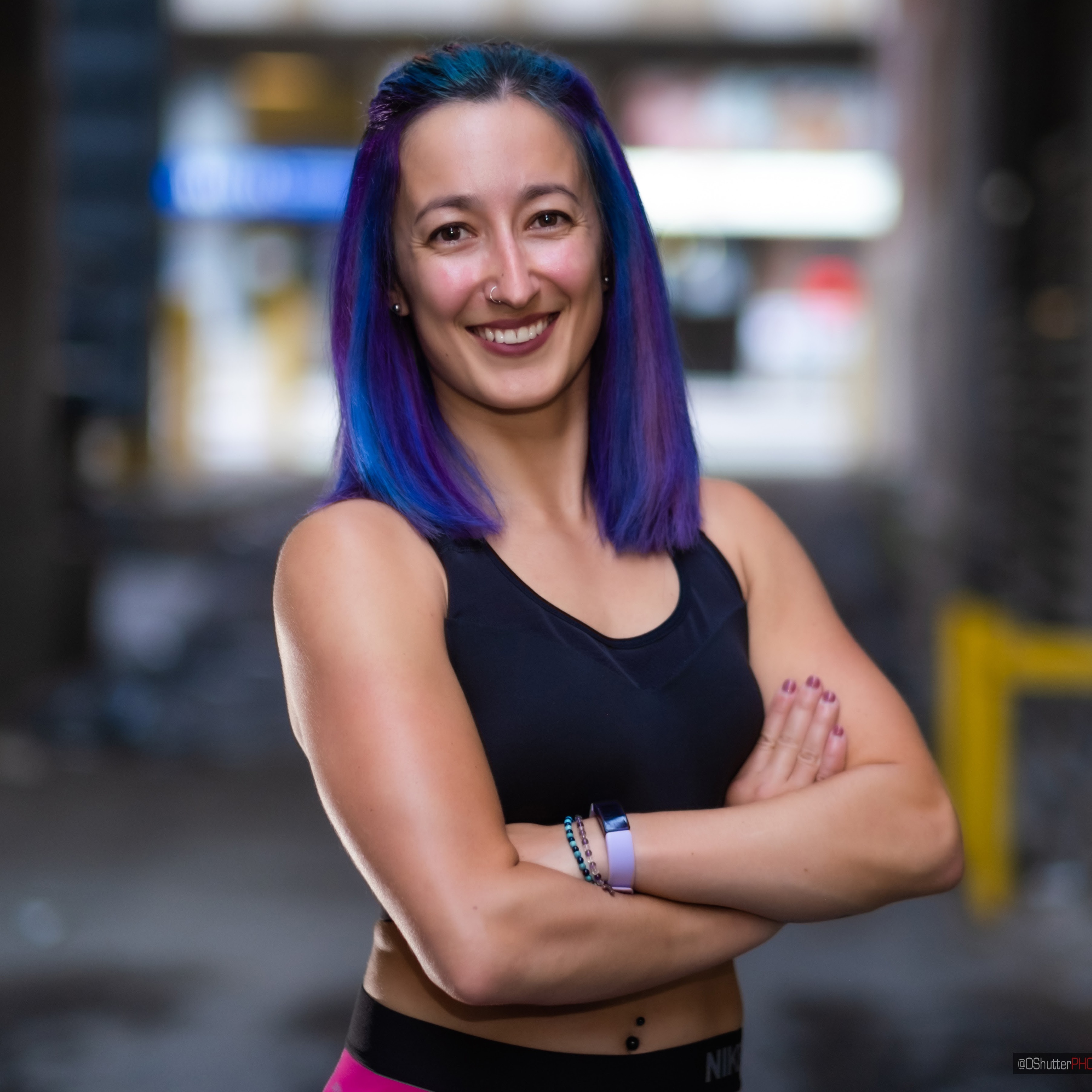My name is Maddy Eisenberg - I am a media personality and mental health advocate. I live with depression and generalized anxiety.
For as long as I can remember, depression has walked alongside me. It affects both my mind, and my entire being.
Making friends was never easy. Work was a struggle. I fought with my emotions from a very young age, and never understood why the feeling of “sadness” plagued me at seemingly random points. Having anxiety partnered with depression further exacerbated things.
As I got older, the depression got worse, as it was left undiagnosed and unaddressed. For those who do not live with depression, it can be near impossible to truly understand what it feels like. Even those who live with it will tell you that everyone’s experience differs.
Here is the best way I can describe it. Imagine being in a tunnel that blocks everything from view; your life, your family, your friends, and everything else that matters to you. Those things exist outside that tunnel, but they feel very distant and insignificant. You want to leave the tunnel, but if you don’t get the help you need, it can feel inescapable.
Approximately three years ago, I actively battled with self harm and suicidal ideation. Even though I experienced a lot of emotional trauma in my life, there was no “major” event that triggered this - it was a culmination of many years of not understanding what was in my mind, and how to handle it properly. No one ever spoke to me about therapy, medication, or any other mechanism that might have helped me come out of that tunnel in a safer manner.
One night, those thoughts got out of control. My partner, who had witnessed my struggles for a long time, figured the best thing to do was bring me to hospital. He was my brain that evening, because I was in no state to advocate for myself. After hours of waiting, and multiple visits from doctors and mental health professionals, I was sent home. The experts didn’t feel my state of mind was putting myself nor anyone else in danger.
Although I was surprised I wasn’t not kept overnight, that hospital visit was my wake-up call. Thankfully, I have come out on the other side. That’s not to say I am “cured.” There is no “cure” for depression - it will stay with me for life, even though I currently cope well most of the time.
To help myself now, I attend regular therapy sessions, am more honest with those close to me on hard days, and celebrate the small victories; like getting out of bed in the morning.
One of the ways you can help is by using “people-first language.” An example of this is saying someone “has depression” instead of saying the person “is depressed.” Doing this helps establish the point that those who live with mental illnesses can, and deserve to, exist as a whole person outside of their diagnosis. Words Matter.
